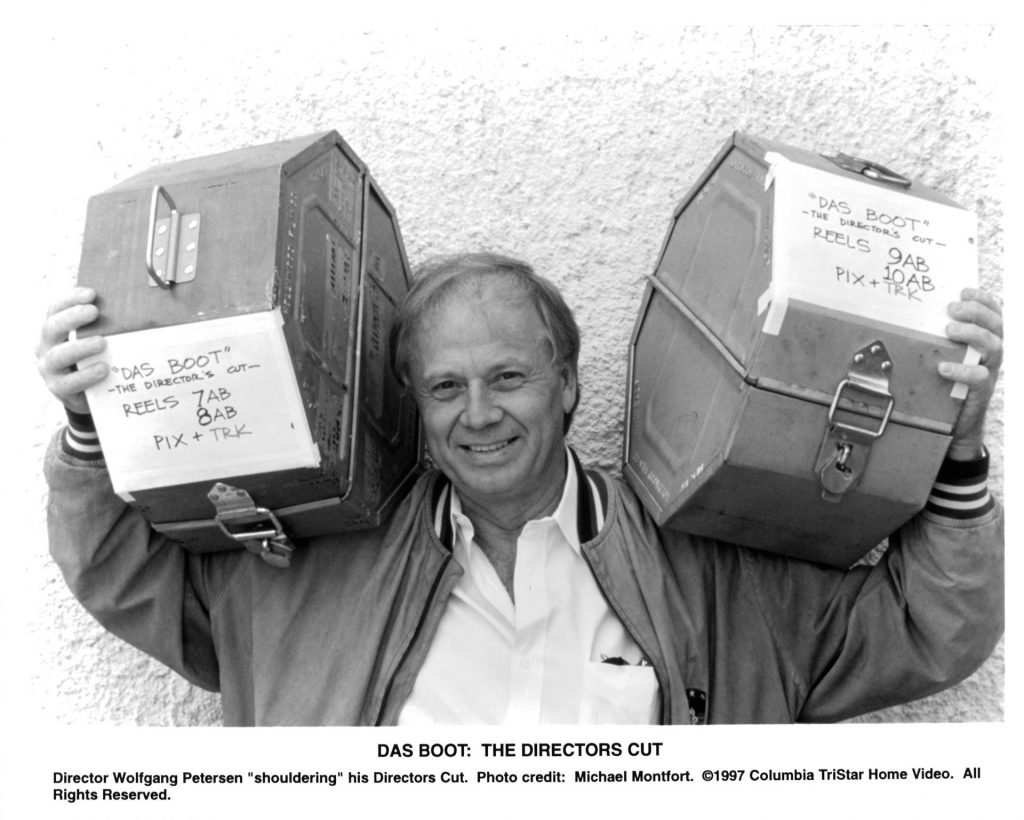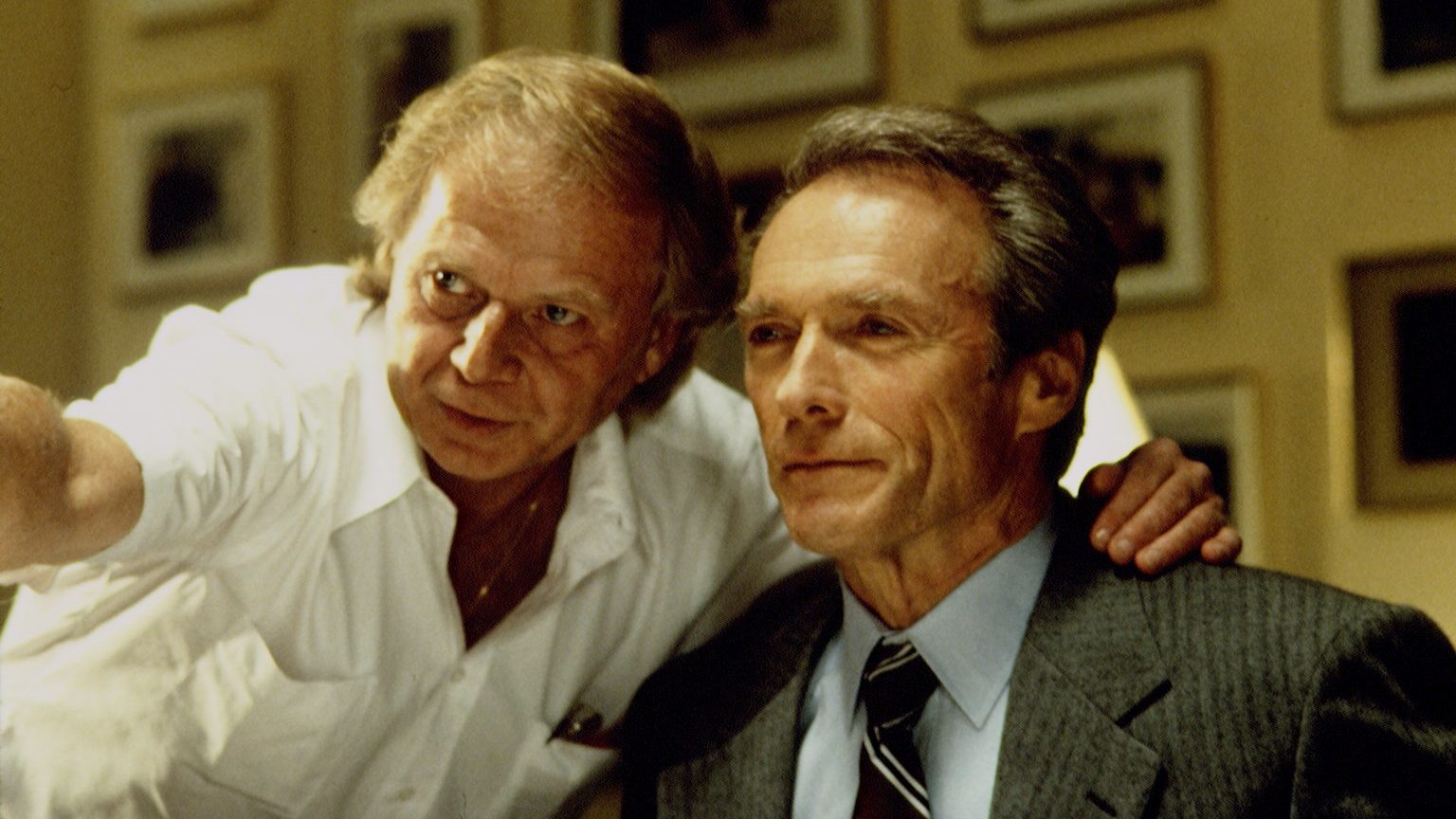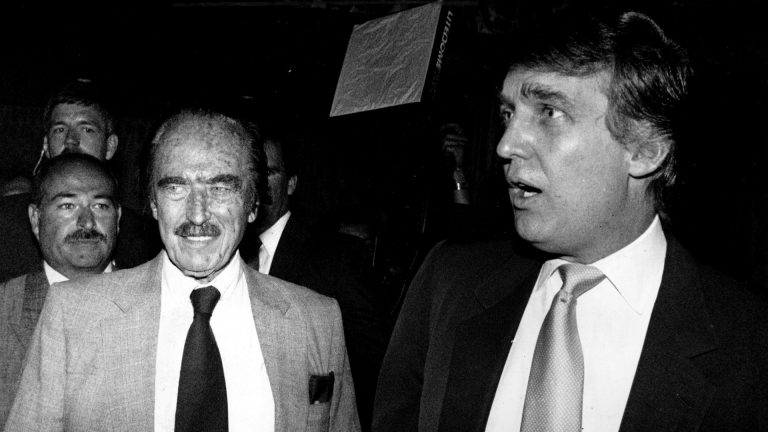“The Das Boot bloke dies” — there’s a good chance that this will be the gist of many a Wolfgang Petersen obituary. It’s understandable. Whether in its theatrical cut or the unexpurgated, multi-part TV version, the adventures of German submarine U-96 and its battered Kapitänleutnant, played by Jurgen Prochnow, is a from-the-Axis-side Second World War story to rival Sam Peckinpah’s Cross Of Iron.
Wolfgang Petersen, however, had a life before Das Boot (The Boat). And he had quite a remarkable one afterwards, too.
Born near Hanover in 1941, Petersen studied in Hamburg, leaving full-time education with a strong desire to make a living from drama. Besides mounting productions at the Ernst Deutch Theatre, he took film and TV courses at the Berlin Film and Television Academy. From here, it wasn’t long before he was directing his first television programmes, a process that would introduce him to the man who’d become his actor of choice, the aforementioned Mr Prochnow.
Petersen directed the feature-length I Will Kill You Wolf in 1971, but his first picture proper is widely considered to be 1974’s One Or The Other. A German-language blackmail thriller starring Prochnow and Elke Sommer (star of Carry On Behind), it wasn’t quite the springboard Petersen hoped. Indeed, three years would pass before he was again hired by a film studio, this time to make The Consequence, a controversial picture about a prison guard’s son, played by Ernst Hannawald, who falls in love with an inmate, again played by Prochnow.
Though it’s now considered something of a landmark movie, The Consequence‘s subject matter put off studio chains and TV channels alike. One could also imagine that a film about the Second World War mightn’t go down a storm with local audiences and distributors. But four years later, when Das Boot was launched, Petersen was whisked from cinema’s no man’s land to the red carpet.
It’s really hard to explain just how big a deal Das Boot was in the 1980s. In Germany, at a time when many preferred not to mention the war, the picture’s pessimism and downbeat finale didn’t prevent it from breaking box-office records. Das Boot also played very well in Britain, where the BBC aired the episodic version. It was recognition across the Atlantic that would really elevate both the film and its maker. It was nominated for six Oscars, including Best Director and Best Adapted Screenplay. But the big question was: how do you follow up a phenomenon like Das Boot?
Well if you’re Wolfgang Petersen, you turn down all the generous offers emanating from Hollywood and return to Germany to make the trade descriptions act-flouting fantasy picture The NeverEnding Story (1984) and the science-fiction drama Enemy Mine (1985), a retread of John Boorman’s Hell In The Pacific only with Dennis Quaid and Louis Gossett Jr (as a pregnant asexual alien!) standing in for Lee Marvin and Toshiro Mifune.

Good, solid crowd-pleasers, these were also the last pictures Petersen would make in his home country for 30 years. No longer able to resist Hollywood’s call, he announced his presence in the US with 1991’s Shattered, an efficient if ridiculous neo-noir starring Tom Berenger and Bob Hoskins. Then came In The Line Of Fire, a story about a Secret Service agent haunted by his failure to prevent the assassination of JFK and determined to stop history repeating. Featuring a scene-stealing turn from John Malkovich as the disguise-loving assassin, In The Line Of Fire did for Clint Eastwood the actor what Unforgiven had done for Clint Eastwood the director, namely remind the world that, even in his sixties, he was in a league of his own as far as action men of this ilk were concerned.
In the wake of In The Line Of Fire, Wolfgang Petersen also became known as the action guy. Pandemic drama Outbreak (1995), president-in-peril picture Air Force One (1997) and trouble at sea epic The Perfect Storm (2000) led former studio executive Barry Isaacson to explain, “He was the perfect studio director of his era; technically proficient, a natural storyteller, able to accommodate the big stars and the big money without compromising his vision.”
The desire to paint on the biggest canvas imaginable would next see our man make an out-and-out epic. But while there’s no disputing the size of Troy (2004), it’s a picture as hollow as the celebrated horse at its centre. It didn’t help matters that Petersen’s Priam, Peter O’Toole, took against the director, regularly referring to him as “the Kraut”. Revenge would come in the unexpected form of Eric Bana who reduced his co-star to tears of laughter with his impression of Shane Warne, only for the Lawrence Of Arabia star to start choking on his lunch. One Heimlich later, and the balance of the universe had been restored.
There wasn’t a lot more after Troy. Poseidon, released in 2006, was an effects-heavy remake of the original disaster movie that barely made its budget back at the box-office. Then, 10 years later and fully three decades since he’d left Germany, Wolfgang Petersen came home to shoot the heist comedy Four Against The Bank. Ocean’s Eleven it most certainly isn’t but there’s something to like about the filmmaker bowing out on the streets of Berlin, rather than beside a blue screen in an anonymous American studio.
It was pancreatic cancer that would cause the credits to role on the life of Wolfgang Petersen. During his 81 years, he’d lived an awful lot of lives. It was the one he pursued in America that earned him the admiration of Barry Isaacson. I’ll leave the last word to him:
“It’s almost impossible to explain just how challenging it must have been for him to come out here after he made his masterpiece [Das Boot] and deal with the politics and the bullshit and the egos involved in big-time ’90s Hollywood action cinema. He was able to combine the commercial imperative with a consistent, adult human vision. There’ll never be another like him.”









